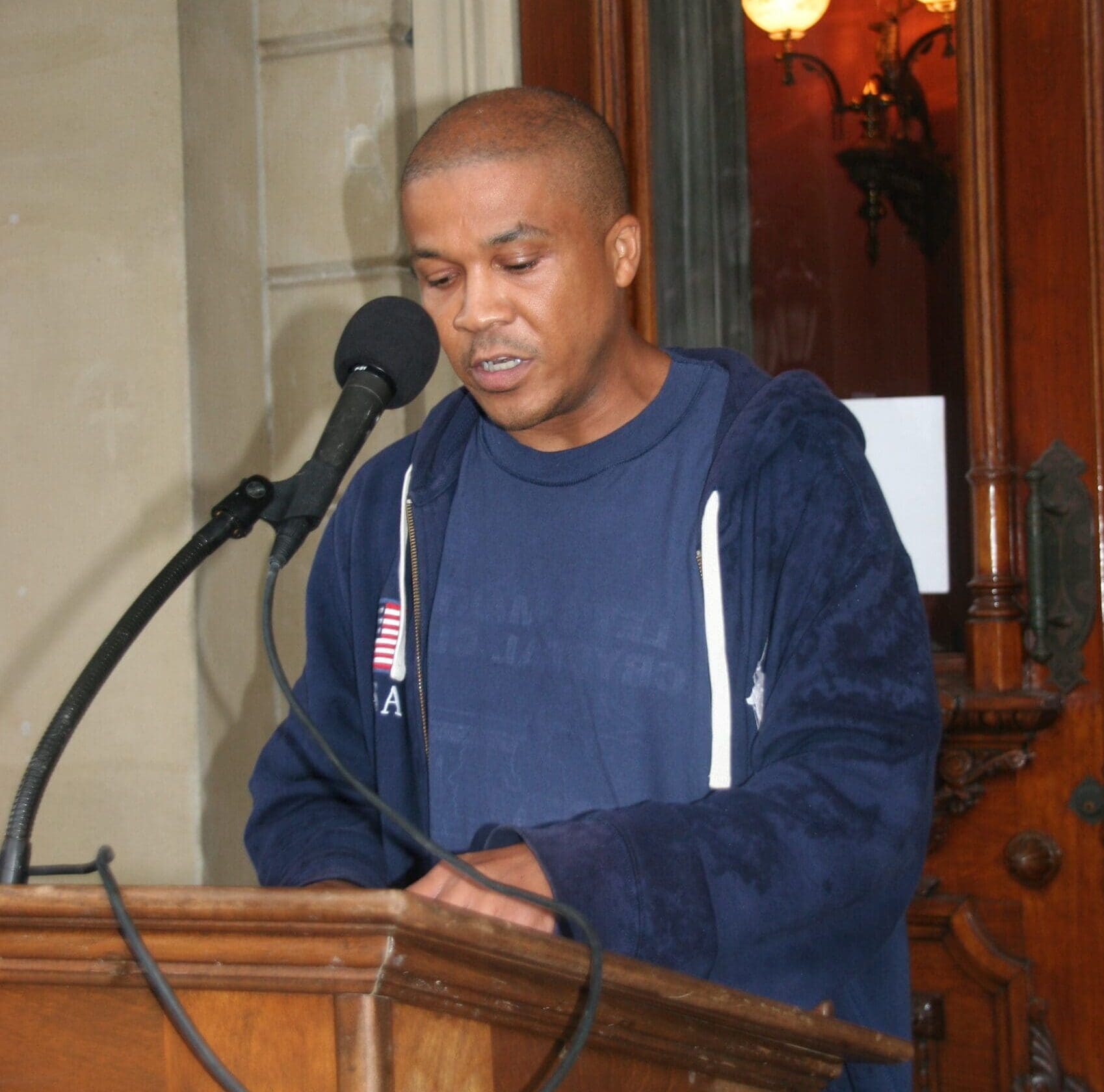Jaynaya Barlow
By Deborah Walker
TNCPNEWS
OKEMOS, MI — The COVID-19 pandemic, unforeseen and uncertain, left the world grasping its lasting effects. From lingering symptoms, known as Long-COVID, to psychological difficulties, the COVID pandemic left many unprepared for the ongoing trauma of the deadly virus. According to Jaynaya Barlow, Founder of Live, Laugh & Love Family Services, depression and anxiety were widespread before the pandemic. However, she observed a heightened prevalence of anxiety and depression among her clients, compounded by the additional burden of Post Traumatic Stress Disorder (PTSD), grief, and profound loss. She suggested spiritual therapy could potentially provide a solution.
“For many, spirituality helps a person find inner peace. Having inner peace gives many people a different outlook and enables them to open their minds and look within for their healing,” explained Barlow.
Techniques for spiritual clarity
Barlow started her practice in 2020 and shared that she introduced various effective techniques to assist her clients in coping with anxiety and stress related to the pandemic. One particularly transformative method for many individuals was learning about “grounding” or “earthing.”
According to Barlow, grounding involves reconnecting with the Earth as a therapeutic technique, potentially alleviating stress, anxiety, pain, and depression. There are multiple grounding methods, such as walking barefoot on natural ground and practicing meditation with grounding crystals. She also mentioned the availability of grounding mats that people utilize for this purpose.
“I use various techniques with clients, and they can immediately feel the effects. I teach them various techniques to use outside of therapy sessions. It is important that I give my clients tools to empower them outside of our therapy sessions,” stated Barlow.
Spirituality is cautiously used to help patients deal with loneliness and anxiety. Barlow said spirituality and religion are very personal topics for people. Within her practice, she is careful in navigating those boundaries. Depending on how her clients were made aware of her services can impact how much they know about the practice. Barlow allows her clients to lead the way in terms of spirituality.
Barlow adopted a personalized approach by asking clients specific questions and tailoring a treatment plan based on their unique diagnosis and individual needs. In her discussions with patients, she delved into their definitions of loneliness, being alone, and the experience of feeling lonely. By understanding their perspectives, Barlow could better address their concerns and develop strategies tailored to their circumstances.
“From there, I work with them to reframe their thinking and to have a different perspective on their definitions of what is causing them distress, and then we work on techniques to counteract the negative feeling and emotions through positive self-talk, affirmations, mirror talk and mediation to name a few,” added Barlow.
Navigating the Uncertainty of Tomorrow: Strategies for Coping
With a day-by-day mindset, Barlow approached the challenge of navigating the uncertainty of the ongoing pandemic, particularly when incorporating spiritual practices into her therapy sessions. She understood the importance of adapting her approach to address the ever-evolving circumstances and supported her clients accordingly. If that failed, then she adopted a moment-by-moment approach.
“I listen to my intuition and let it lead me. My intuition never fails me. I remind my clients to trust their gut, especially when it doesn’t make sense,” Barlow explained.
Barlow argued the world needed to prepare for the challenges brought about by COVID-19 and needed more awareness of its long-lasting effects. According to Second Wave Michigan, COVID-19 has significantly affected Michiganders’ mental health, and few families have gone unscathed. The report states that when the pandemic is finally in the past, its mental health impacts are expected to remain for the long term.
Barlow has undertaken additional training and conducted extensive research to enhance her ability to support her clients. By equipping herself with a deeper understanding of the situation, she aims to provide her clients more effective assistance and guidance.
Barlow offered valuable advice for frontline healthcare workers facing immense pressure and stress during the pandemic. She emphasized the importance of self-care and recognized that these individuals often dedicated themselves wholeheartedly to caring for others, sometimes at the expense of their well-being.
When clients expressed a spiritual crisis, Barlow said she handled the situation with great care and respect and ensured that her approach aligned with their needs. She offered a supportive perspective tailored to their beliefs and values by being informed about their spiritual and religious practices. Barlow strived to create a safe and understanding environment where clients could explore and address their spiritual concerns to promote healing and growth.
The need for further education and training for spiritual therapists
In terms of future preparedness, Barlow said there needed to be more education and training for mental health professionals who incorporated spirituality into their practice. There must be more opportunities and safe places for these discussions and training.
“I am an anomaly in this city. Being a Black woman who is trained and a licensed clinical therapist who openly discusses and practices Spirituality and openly identifies as a non-Christian,” explained Barlow.
Barlow worked in the State and Federal Legislature for over 20 years. This enabled her to become well-versed with various state and federal agencies. She stated that knowing what agency to contact for assistance can be a barrier for many people. Having this experience helped her assist clients in navigating services.
She also worked at Child and Family Charities as a Juvenile Justice Case Manager. She later became the director of the Juvenile Justice Division and led a team of 5 staff members. She served as a mental health professional in the Lansing School District, Eaton Rapids Schools, and various schools within Eaton County. These positions enabled her to work with K-12 students and their families and to become familiar with the juvenile justice system. These positions shaped Barlow and helped her to realize that families need mental health services from various angles.
“The pandemic opened my eyes on so many levels and helped me to find this path and purpose. It has allowed me to let others know that they are not alone and that there is a safe place where they can heal, grow, and be respected for their beliefs,” concluded Barlow.
To learn more about Jaynaya Barlow and Live, Laugh & Love Family Services visit her office at 4211 Okemos Road, Ste. 18, Okemos, MI 48864, or call her at 313-444-3480.




